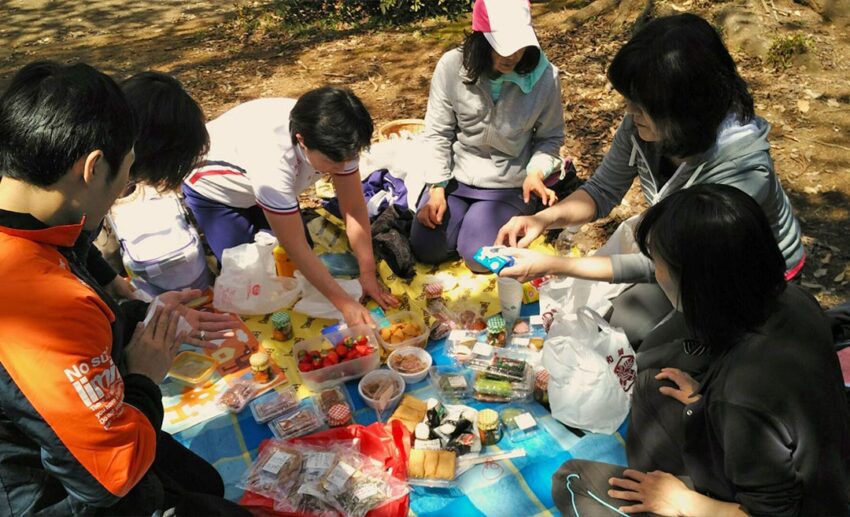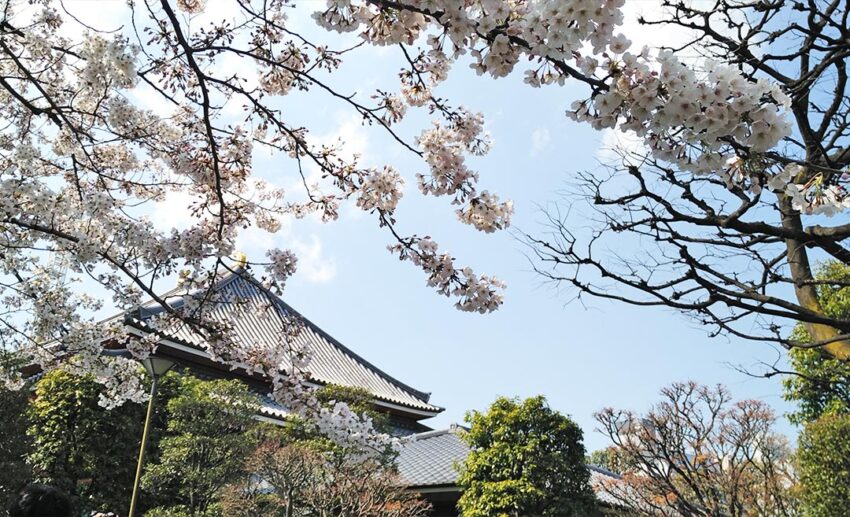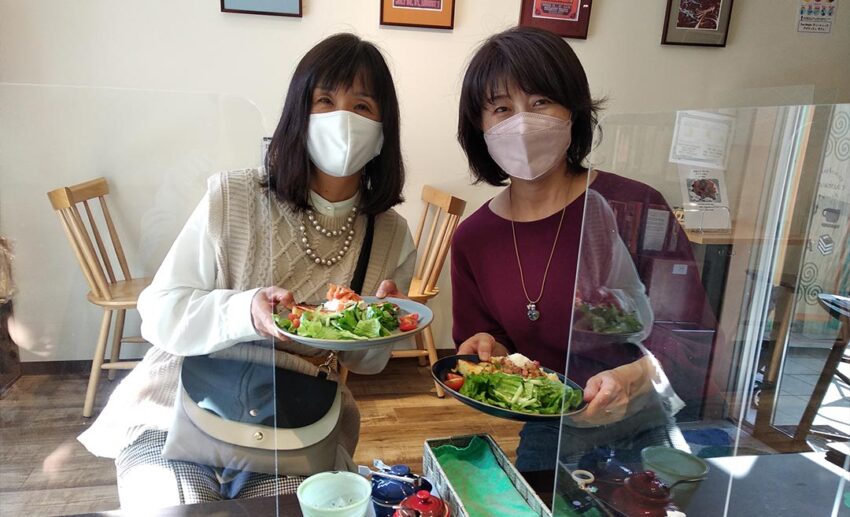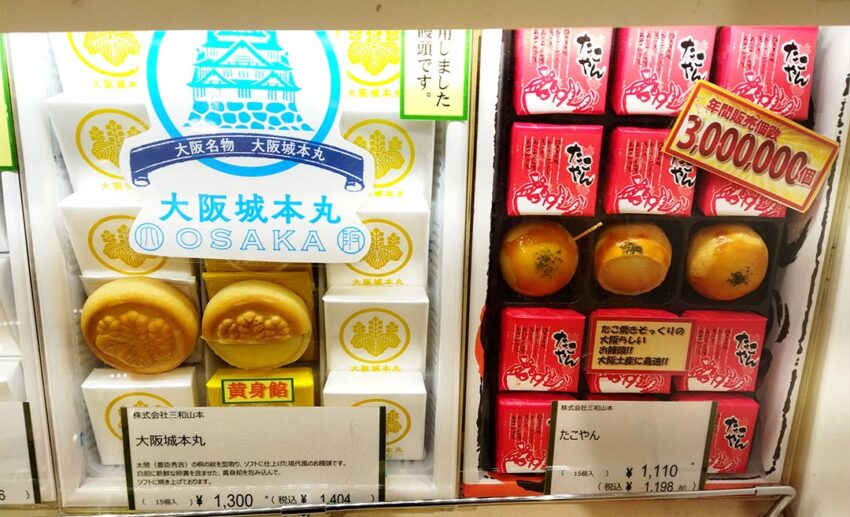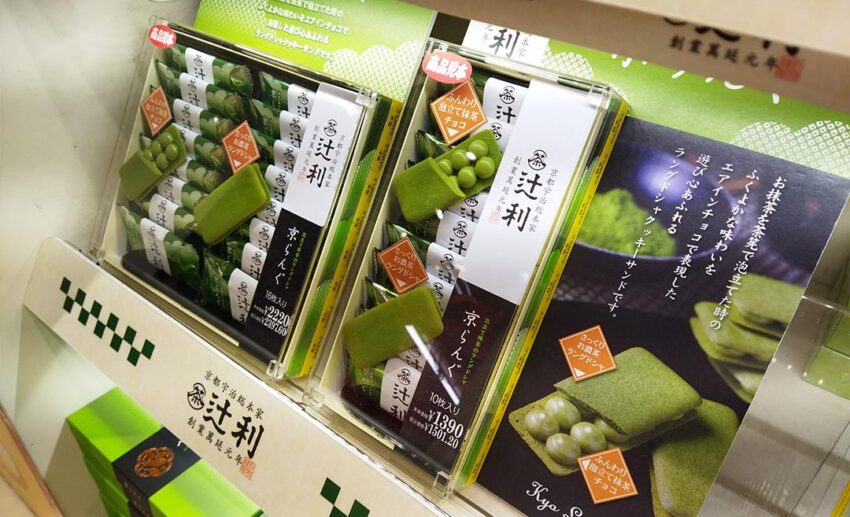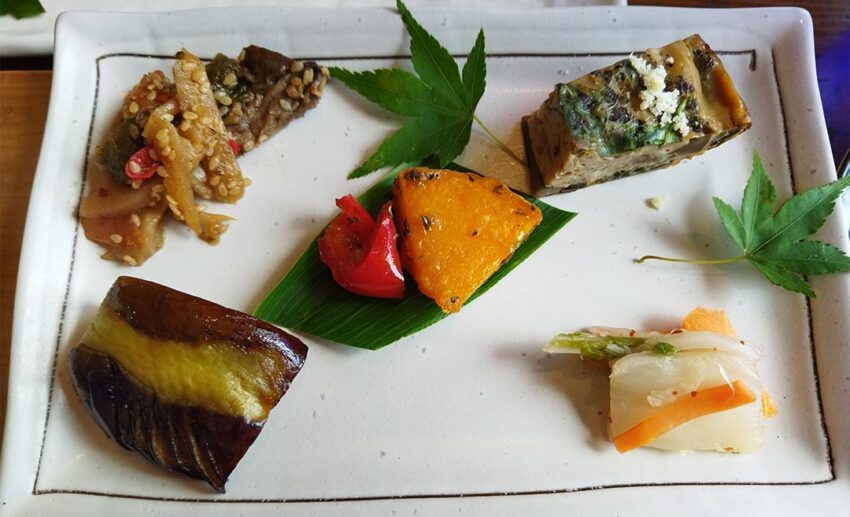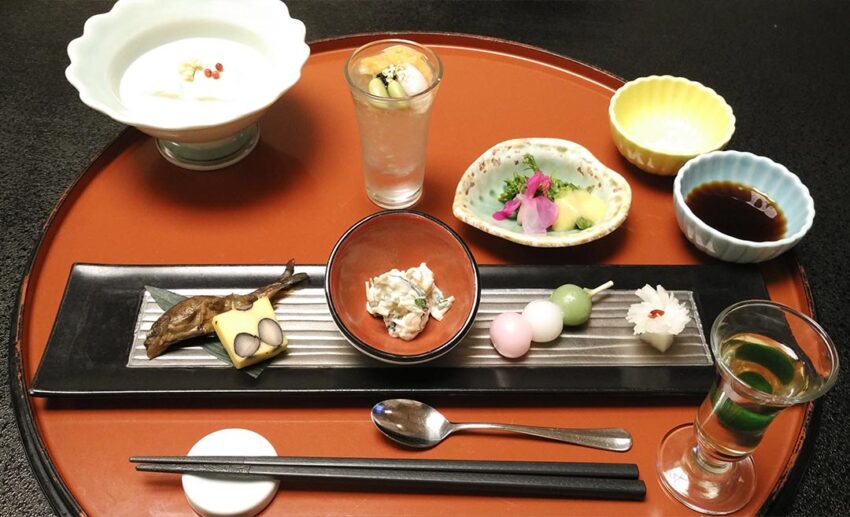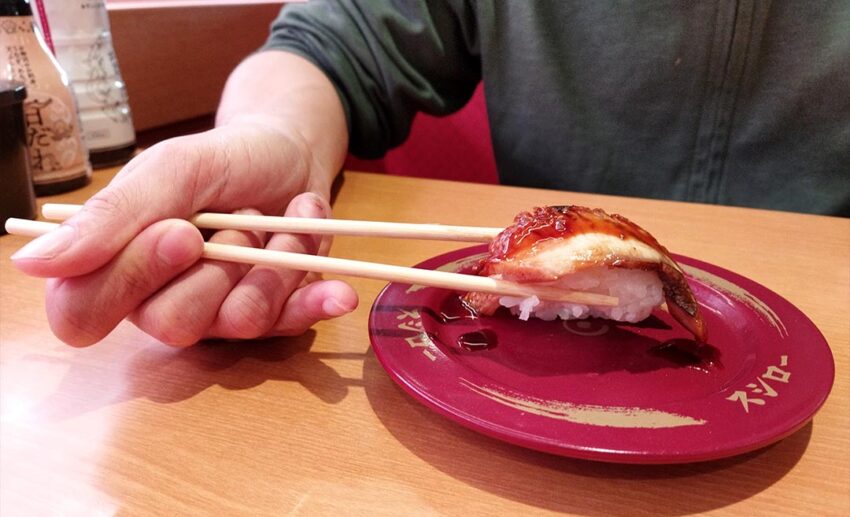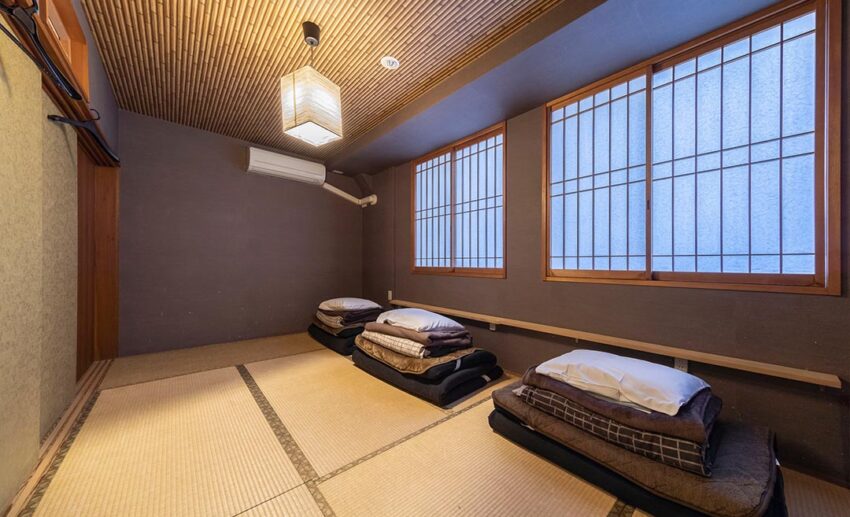In part 1 of this series, we discussed Japanese manners in public spaces like trains and public baths (onsen). Now, we’ll look at interacting with Japanese people, especially friends and hosts.
I’ll guide you through meeting Japanese friends, giving and receiving gifts, dining with locals, and staying in a Japanese home. All these tips and advice are informed by my experience living in Chiba prefecture since 2016.
1. Socialising: Meeting Japanese friends
Names: Say, someone introduces herself as Megumi Yamada. Should you use her first or last name? It’s always safer to use someone’s last name when referring to them, i.e. ‘Yamada-san’.
If you first met outside Japan and she asked to simply be called Megumi, it’s OK to drop the ‘-san’. And, since you’re not Japanese, Megumi may feel comfortable addressing you by first name too, without ‘-san’.
But, in general, especially with new acquaintances, do use the honorific title ‘-san’ (unless they are younger than age six or seven). When introducing yourself or your family, don’t refer to yourselves with ‘-san’.
Small talk: Safe topics include the weather, food, travel, hobbies, and local culture. Some Japanese find these topics uncomfortable: war, politics, religion, China, Korea, indigenous groups, mental health, death, funerals, and controversies in general.
Don’t pry into details of someone’s family, job, or home address. I have older friends in Japan I consider close (and vice versa), but they rarely volunteer information about their spouses and grown-up children. On the flip side, they’re very keen to hear details about my life.
Meetups: Try to be punctual. Within a day after the meeting, send a thank you message and say you enjoyed the time together.
2. Gifting: Giving and receiving gifts
Preparing gifts: If someone is hosting you or doing you a favour, give them a small gift in a nice bag. They would love a souvenir from your country. I give my friends BOH tea bags from Malaysia, which are always well-received. (Can’t say the same for durian products, though.)
Alternatively, you can gift a souvenir from another region of Japan if you’ve been travelling across the country. As a last resort, you can’t go wrong with seasonal fruits like peaches and strawberries.
Receiving gifts: Ask, “Would you like me to open it now?” Spend time admiring the gift aloud before you put it away.
Reciprocating a gift: A well-known children’s story tells of two families—the foxes and the Tanuki (Japanese raccoon dog)—who kept reciprocating each other’s gifts until they wound up exchanging houses entirely! Give something of less value than you received so the other person won’t feel indebted.
3. Table manners: Dining with Japanese friends
Before eating: Wait for everyone’s meal to arrive before eating. If a wet towel is offered, use it to wipe your hands before the meal. For the longest time, I thought it was for wiping my mouth or face after a meal (which is considered bad manners by some).
Photos: Before taking a group photo, ask for permission. Japanese friends may not mind you posting their faces on social media, but some might. Blur out the faces of any children in the photo.
Declining food: If you’re offered food that looks unappealing, do at least try a sample. You don’t have to fake enjoyment, but avoid showing disgust. Instead of bluntly saying, “I don’t like it.” say, “Thank you, but I’m full.” or “Thank you, but just a little. I don’t think I can eat a lot of it.” In Japanese, one might say, “Sorry, I’m not good at eating [sushi/natto/mochi].”
Utensils: Use a fork for pasta noodles, a spoon for fried rice and curry rice, and chopsticks for white rice, noodles, and most dishes, including food inside miso soup. But the miso soup itself is drunk straight from the bowl, not with a spoon.
To eat from a white rice bowl, lift it off the table and towards your mouth, then pick up the sticky rice with chopsticks.
Chopsticks: Never stick them in a bowl of rice because it looks like an offering to the deceased. Instead, place them on a chopstick rest or across your bowl.
Passing food between two people’s chopsticks is also taboo because it resembles a funeral ritual. Serve food directly to your friend’s plate using the reverse end of your chopsticks, if there isn’t a serving utensil.
Sushi etiquette: Sushi can be picked up with chopsticks or, more traditionally, with your fingers. Dip the fish, not the rice, in soy sauce. Otherwise, the sauce will cause the rice to disintegrate, making it difficult to pop the entire sushi in your mouth. Sushi should be eaten in one mouthful, not in pieces.
Mixing wasabi and soy sauce is improper, but in reality, many Japanese do it at home and in cheaper restaurants.
Paying for meals: When with friends, try to pay your share of a restaurant meal, but gratefully accept if they insist on treating you. Do not have a friendly ‘fight’ over the bill, as I’ve seen some folks do back in Malaysia!
4. House guest etiquette: Staying with a Japanese host
A great honour: To be invited into a Japanese home is a privilege. Many Japanese, especially in cities, don’t often invite friends over to their homes but prefer meeting in cafes, etc.
Privacy: The Japanese home is a very private space, so don’t invite someone else along without your host’s permission or ask for a tour of the house. I’ve been given a tour sometimes but rarely shown the bedrooms.
Entering a home: Impress your host with the phrase “o-jama shimasu” when entering the front door. It literally means, “I’m disturbing you.”
Sitting: Let your host tell you where to sit, and don’t put your feet up on furniture. On the floor, women don’t usually sit cross-legged, but with legs folded inward and swept to one side (for example, google “横座り”, yokozuwari). But, if the Japanese way of sitting on the floor is difficult for you, it’s fine to sit cross-legged.
Bathtime: Shower to get clean before entering the bathtub since you may be sharing that bathwater with the rest of the household.
Keep your volume down: Making a late-night call? Remember that walls in Japan are notoriously ‘thin’, and Japanese people may have earlier bedtimes than people in your home country.
More tips on interacting with locals

Overwhelmed by the number of dos and don’ts? It’s fine if you can’t remember them all! Japanese people are often forgiving of foreigners. If you simply try to be pleasant and learn a few polite phrases, they’ll greatly appreciate it.
Reddit forums like askjapan or AskAJapanese are good places to consult both foreign and native residents on cultural questions.
All images are by the author unless credited otherwise.

